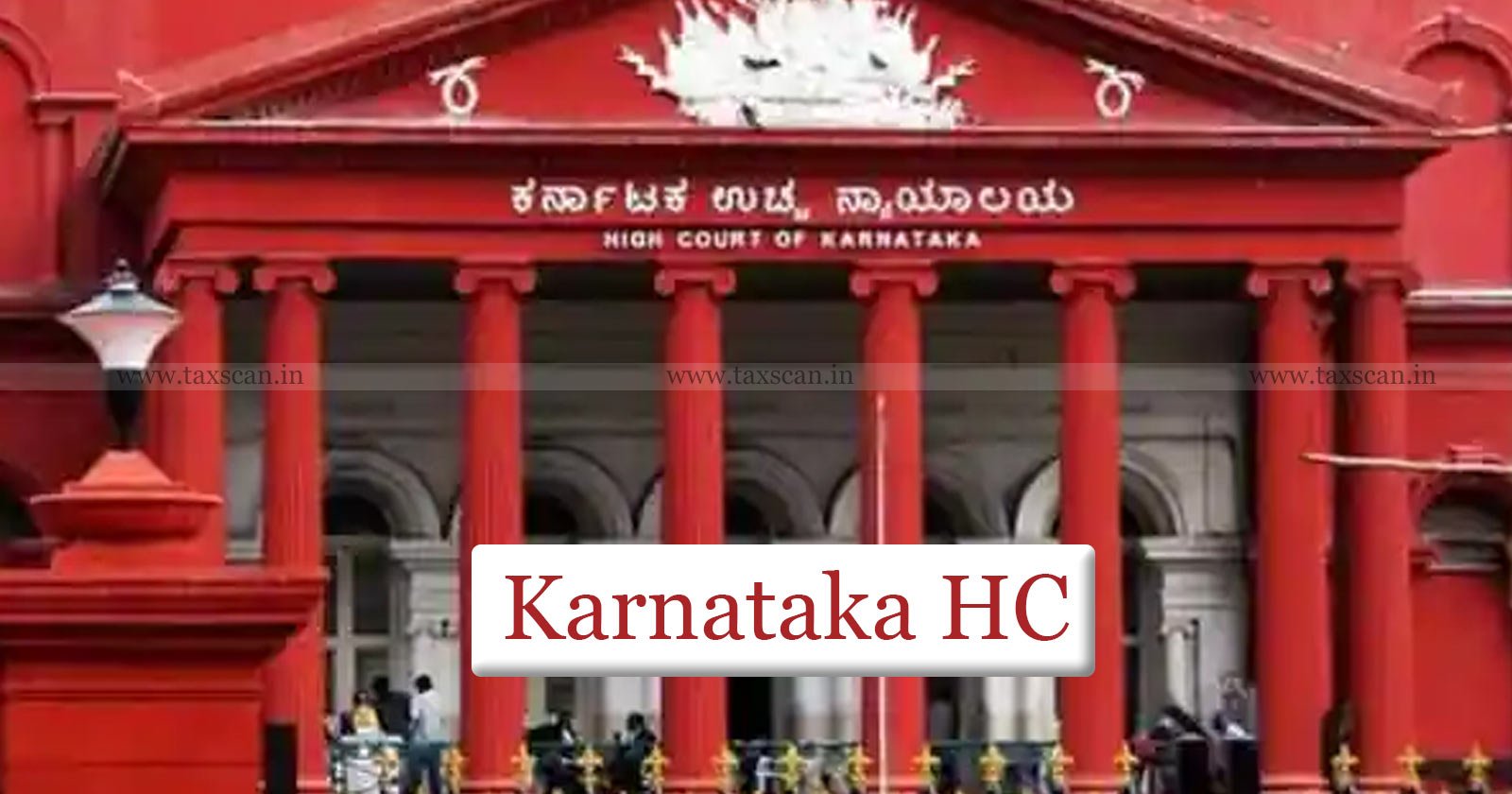Authorities Cannot Skip Mandatory Pre-SCN Procedure: AP HC Rules Violation of GST Rule 142(1A) Makes Proceedings Void [Read Order]
The Court relied on its consistent line of decisions where the failure to issue a DRC-01A intimation before initiating Section 73/74 proceedings had been held bad to the assessment.
![Authorities Cannot Skip Mandatory Pre-SCN Procedure: AP HC Rules Violation of GST Rule 142(1A) Makes Proceedings Void [Read Order] Authorities Cannot Skip Mandatory Pre-SCN Procedure: AP HC Rules Violation of GST Rule 142(1A) Makes Proceedings Void [Read Order]](https://images.taxscan.in/h-upload/2025/10/11/2095575-high-court-scn-show-cause-notice-taxscan.webp)
The Andhra Pradesh High Court held that any assessment or adjudication proceedings initiated without following the mandatory pre-show-cause notice (pre-SCN) procedure under Rule 142(1A) of the GST ( Goods and Services Tax ) Rules, 2017 stand vitiated in law.
A Division Bench comprising Justice R. Raghunandan Rao and Justice T.C.D. Sekhar, while allowing the writ petition filed by Baba Agriculture Export, ruled that the Order-in-Original dated 25.02.2025, issued under Section 73 of the CGST Act, was void ab initio as no prior notice or intimation in Form GST DRC-01A had been served on the taxpayer before issuance of the formal show cause notice.
The petitioner, represented by Sri Vadlapatla Sai Mallik, argued that the proceedings initiated against it were fundamentally defective since the mandatory pre-notice consultation required under Rule 142(1A) was not carried out.
The rule mandates that before issuing a notice under Section 73 or 74 of the CGST Act, the proper officer must communicate the details of tax, interest, and penalty as ascertained by him in Part A of Form DRC-01A to enable the taxpayer to pay voluntarily or submit a reply.
It was contended that the absence of such pre-SCN communication deprived the petitioner of a fair opportunity to resolve the issue before adjudication and thus violated the principles of natural justice and Section 75(4), which provides for a personal hearing.
Practical Case Studies in Forensic Accounting & Corporate Fraud Investigation - CLICK HERE
 Also Read:Karnataka HC Deletes ₹25 Lakh Gross Profit Addition, Ruling Estimate Lacked Basis Despite 95% Sales to Sister Concern [Read Order]
Also Read:Karnataka HC Deletes ₹25 Lakh Gross Profit Addition, Ruling Estimate Lacked Basis Despite 95% Sales to Sister Concern [Read Order]
Opposing the petition, Sri B.V.S. Chalapati Rao, Standing Counsel for the Department, submitted that the petitioner had not raised this objection earlier and had in fact availed an opportunity of personal hearing. He further argued that the petitioner had an alternative statutory remedy of appeal under Section 107 of the CGST Act, making the writ petition non-maintainable.
The Bench, however, rejected the Revenue’s arguments and reaffirmed the settled legal position that non-compliance with Rule 142(1A) is not a mere procedural irregularity but a substantive illegality that renders the entire adjudication void.
The Court relied on its consistent line of decisions where the failure to issue a DRC-01A intimation before initiating Section 73/74 proceedings had been held bad to the assessment.
Complete Referencer of GSTR-1, GSTR-1A, GSTR-3B, GSTR-9 & GSTR-9C - CLICK HERE
The court, noting that the purpose of the pre-SCN consultation, observed that the rule was introduced to promote voluntary tax compliance and avoid unnecessary litigation.
“In view of the consistent stand taken by this Court that non-issuance of notice under Rule 142(1A) of the CGST Rules, 2017, would vitiate the entire process of assessment, it would be appropriate to follow the consistent stand,” the Court remarked.
Support our journalism by subscribing to Taxscan premium. Follow us on Telegram for quick updates


